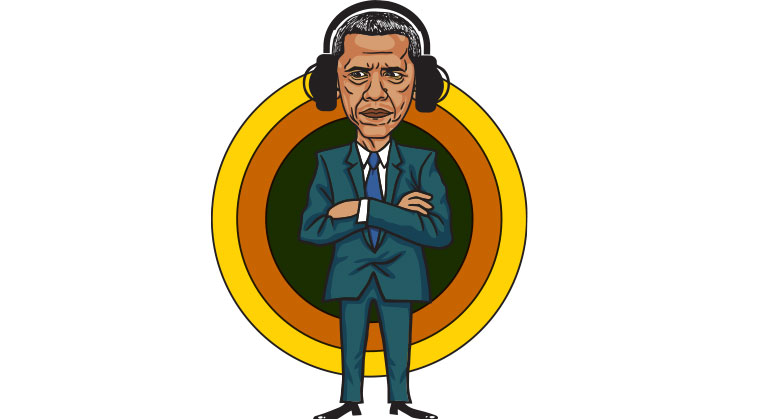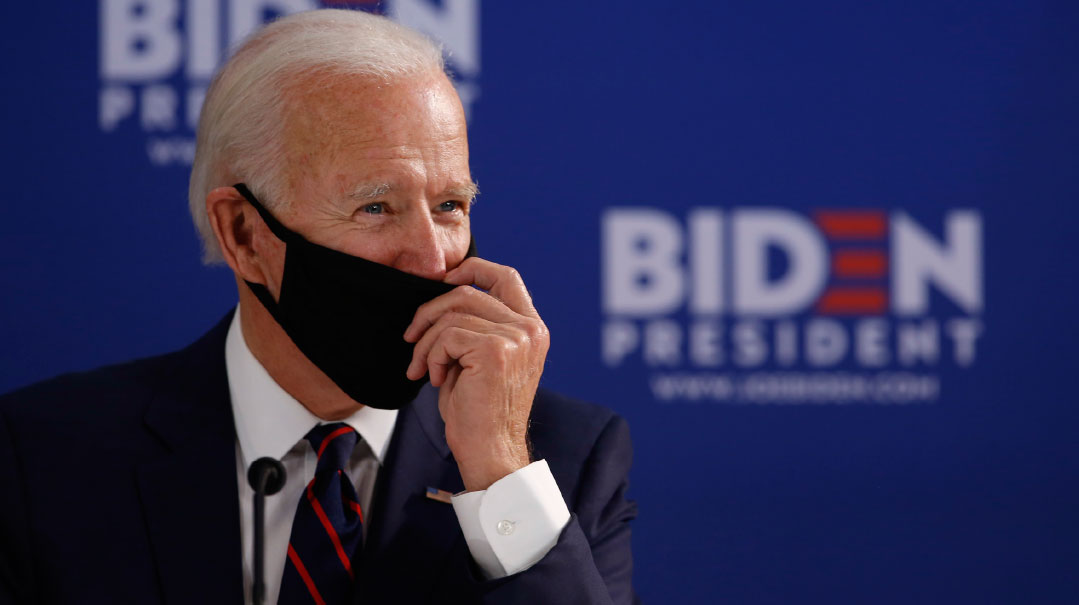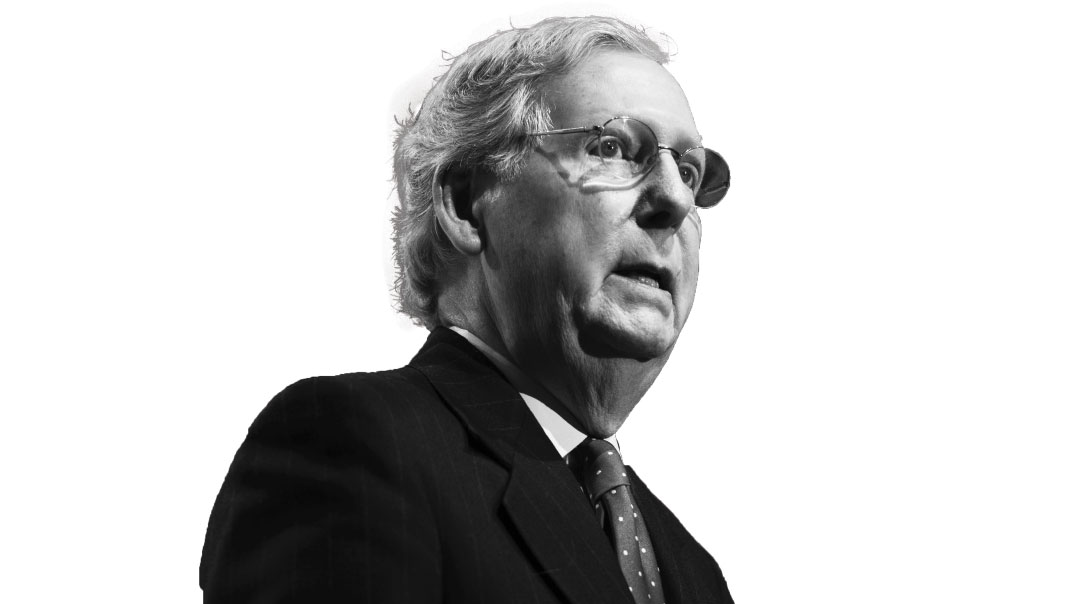Which Russia Scandal?

Did Obama misuse federal power to handicap political opponents?

W
hat do Lori Lowenthal Marcus, Senator Bob Menendez, and Carter Page all have in common?
All may have been the targets of Obama administration investigations that utilized the levers of government to silence, intimidate, and harass political opponents.
In the case of Marcus, the founder of the pro-Israel group Z Street, it was one Philadelphia woman against the behemoth of the Internal Revenue Service and the US Justice Department. Soon after Marcus applied for nonprofit status for her organization in 2010, she found out that Z Street would undergo special IRS scrutiny because of its support for Jewish communities in Judea and Samaria (as Yonoson Rosenblum chronicles in his column this week). Rather than give up, Marcus decided to fight, a decision that would cost Marcus and her husband Jerome (they are both attorneys) seven years of labor and about $1 million in pro bono legal fees.
Though their ordeal ended last week with the IRS admitting wrongdoing, the government has refused so far to disclose what policies or directives led the IRS to target Z Street and other pro-Israel groups.
“The IRS and Justice Department refused to turn over virtually anything that happened before we instituted our lawsuit,” Marcus said in an interview from her Philadelphia-area home. “What we did find were various attempts by the IRS to punish, by either revoking or delaying tax-exempt status for organizations that support Jewish entities for organizations behind what’s known as the Green Line.”
The investigation into Senator Bob Menendez of New Jersey also has an Israel angle. In 2015, Menendez, the chair of the Senate Foreign Relations Committee, was one of three Senate Democrats who opposed the Iran nuclear deal. After challenging the White House in Congress and behind closed doors, Menendez found himself on the wrong end of a Justice Department probe that alleged he received improper gifts from a wealthy friend. From the start, Menendez maintained the investigation was political retribution for his stance on the Iran deal.
“I never wavered in my innocence and my belief that justice would prevail,” Menendez said after prosecutors dropped his case on January 31. “I am grateful that the Department of Justice has taken the time to reevaluate its case and come to the appropriate conclusion.”
What does Carter Page have to do with all of this? To review, Page, who at one point volunteered for the Trump campaign, is a self-employed energy industry consultant and investor. You could call him low profile. The website of his firm, Global Energy Capital, touts him as the founder and managing partner. However, when the New York Times visited Page in his Manhattan office for a December 2017 story, they found that Global Energy Capital’s only employee “rents a windowless room… by the hour. Other tenants include the National Shingles Foundation and a wedding-band company called Star Talent Inc.” Not exactly a mover and shaker.
Page appeared on the FBI’s radar in the summer of 2016, after he was mentioned in the now infamous Steele Dossier, which alleged that businessman Donald Trump had engaged in improper behavior while on previous visits to Russia, and that Page, a campaign volunteer, had raised suspicions with his close ties to Russian officials. Steele compiled his memo using Russian sources he had cultivated as a British spy. It should be noted that Steele hasn’t visited Russia in 20 years, ever since his cover was blown.
(Excerpted from Mishpacha, Issue 698)
Oops! We could not locate your form.






